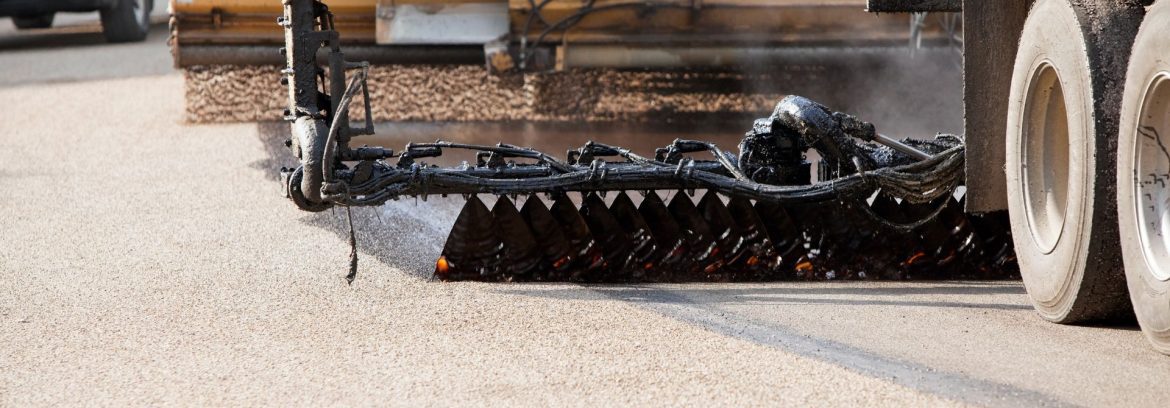If your asphalt driveway or parking lot is looking a little rough, your first instinct might be to seal it — but that might not be enough.
So how do you know when seal coating is enough and when it’s time for a full repave?
At J. Perry Paving, we walk Rhode Island homeowners and businesses through this decision every day. Here’s a side-by-side breakdown to help you make the right call.
What is Seal Coating?
Seal coating is a protective surface treatment applied to asphalt in good condition. It seals hairline cracks, repels water, and refreshes the blacktop finish.
Best for:
- Preventative maintenance
- Aesthetics and UV protection
- Extending surface life
→ Learn more about our seal coating process
What is Repaving?
Repaving involves removing the top layer of asphalt (or in some cases, full-depth reconstruction) and installing a brand-new surface. This addresses underlying structural issues and restores strength and smoothness.
Best for:
- Driveways or lots with structural damage
- Widespread cracking or pothole
- Old or failed pavement
→ See our residential and commercial paving services
Seal Coating vs. Repaving: Side-by-Side Comparison
| Feature | Seal Coating | Repaving |
| Purpose | Protect & preserve | Repair or rebuild |
| Cost | Low | Higher |
| Surface Condition | Good | Poor/failing |
| Lifespan Added | 3–5 years | Poor/failing |
| Timeline | 1–2 days | 3–7 days |
| Cures Surface Issues? | No | Yes |
| Fills Cracks & Holes? | Minor only | All |
Signs You Need to Repave
- Spider web (alligator) cracking
- Deep or spreading potholes
- Water pooling and drainage issues
- Soft spots or sagging pavement
- Asphalt over 20 years old
If the base is compromised, seal coating won’t help — it’ll just mask the problem temporarily.
Signs You’re Ready for Seal Coating
- Asphalt is structurally sound
- Surface looks faded or dull
- Minor cracking or light surface wear
- Want to prevent future damage
- It’s been 3+ years since your last seal
Seal coating is your go-to if your lot or driveway still has life left — and you want to protect it.
Bonus Tip: Don’t Over-Seal
Some contractors will seal coat every year — that’s not only unnecessary, it can actually harm the asphalt. Over-sealing leads to:
- Peeling layers
- Surface flaking
- Wasted money
We recommend every 3–5 years depending on traffic and exposure.
→ See: How Often Should You Seal Coat Your Driveway or Lot?
Let J. Perry Paving Help You Decide
Not sure which path to take? We offer free on-site evaluations to assess your pavement’s condition. You’ll get:
- Honest recommendations (no upsells)
- Transparent pricing
- Maintenance plans to fit your budget
→ Learn more about our experience
Final Thoughts
If your surface is still in good shape, seal coating is the smart way to protect it. If the damage runs deeper, repaving will save you time, money, and headaches in the long run. The key is knowing the difference — and working with a contractor who tells you the truth.
Want a professional opinion on your pavement?
Contact J. Perry Paving for a free evaluation and honest recommendation.

